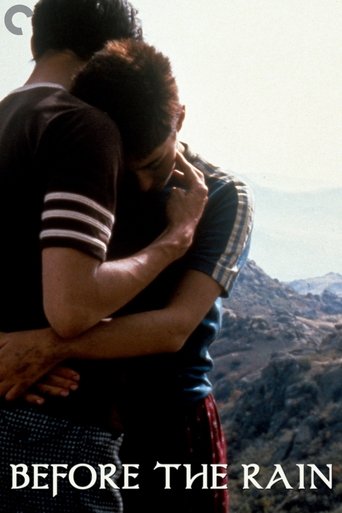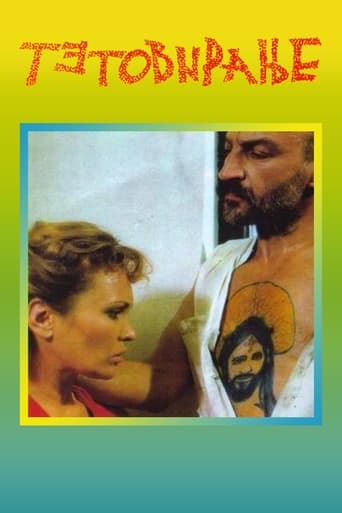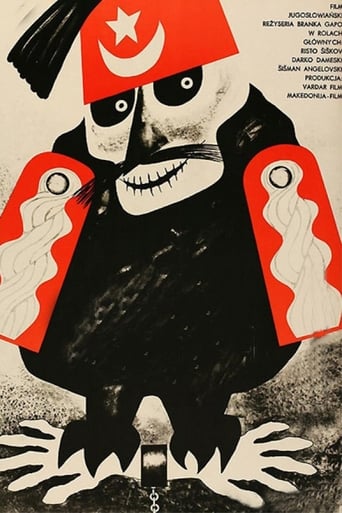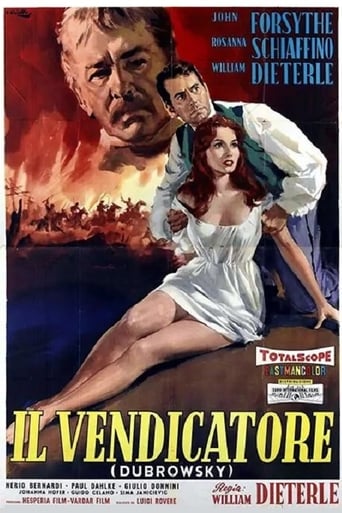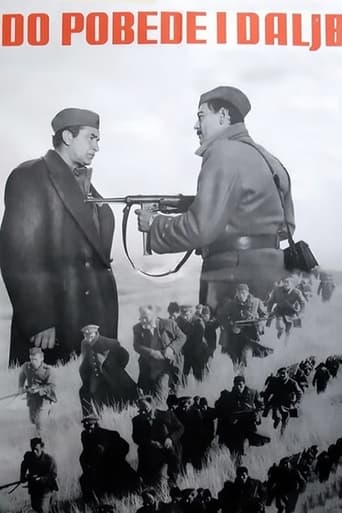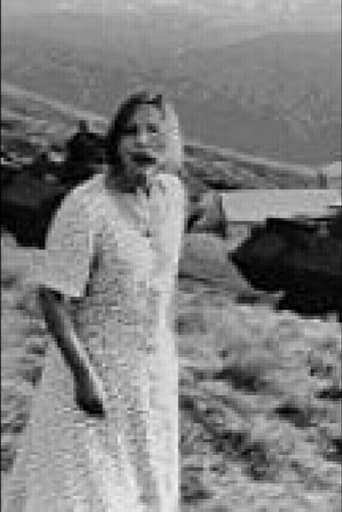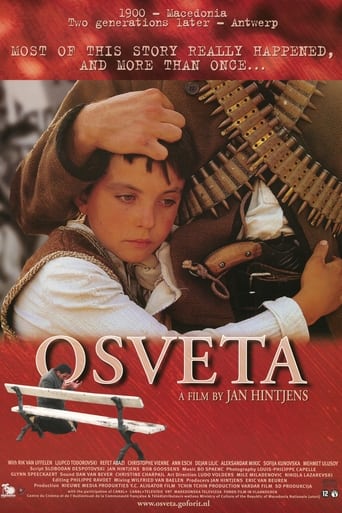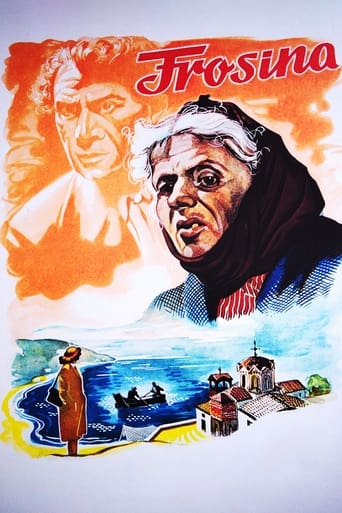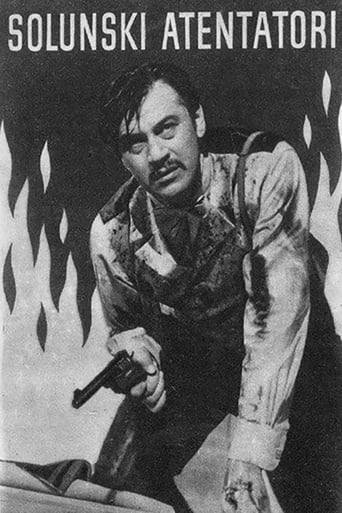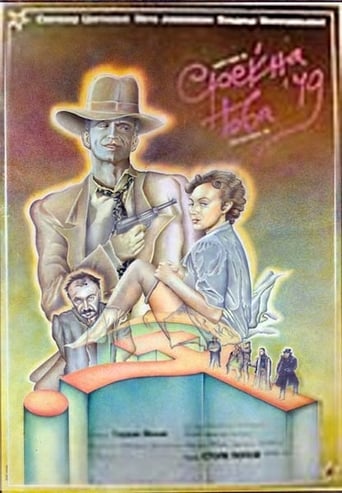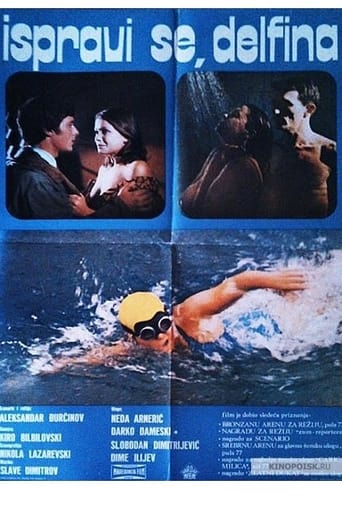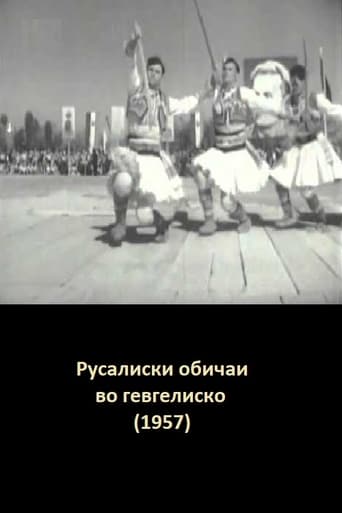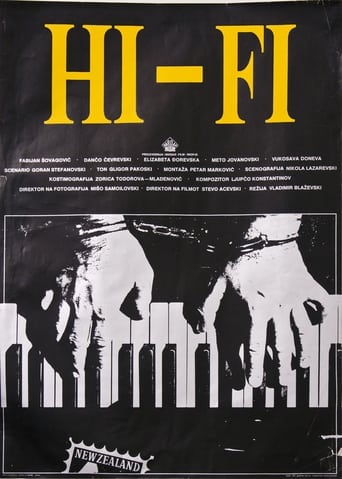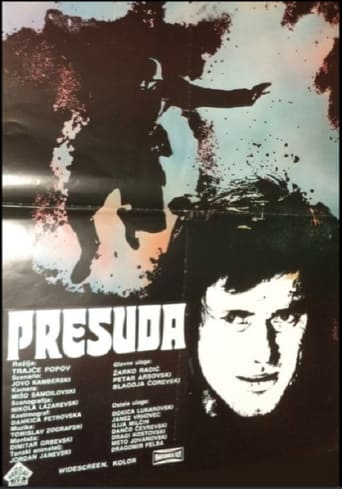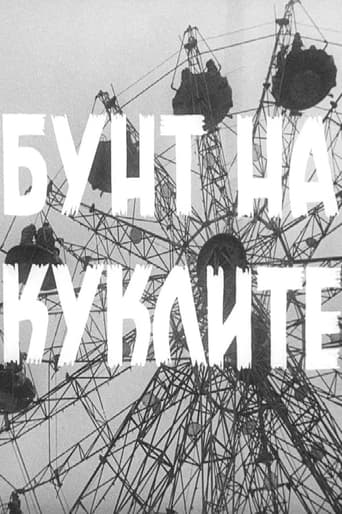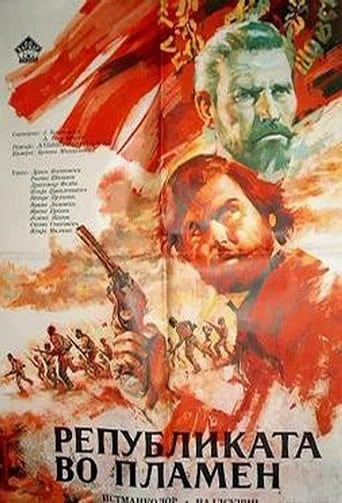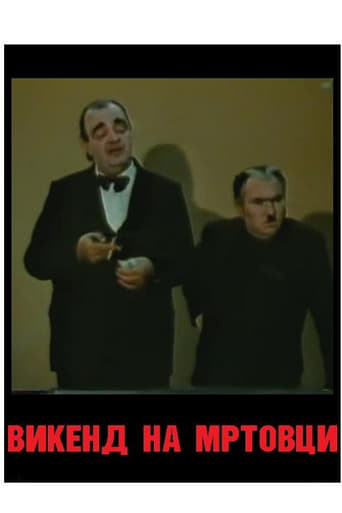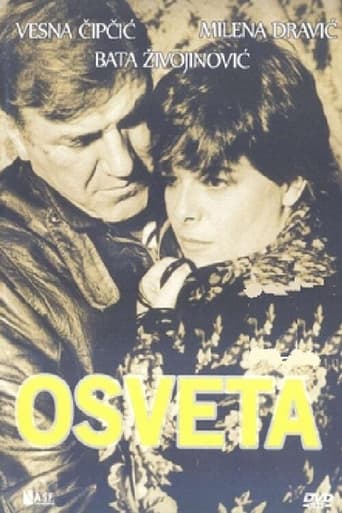This is a film about ordinary civilians, who on June 26, 1991, the day when war broke out in former Yugoslavia, find themselves in Slovenia. The main character of the story is an 11-year-old boy, Felix, who is trapped together with his classmates and teacher Jasna in an unmoving column of vehicles on a high mountain road, because of army barricades. The heroes of the story are involuntarily caught between the two enemy military groups. On this day in June, many others find themselves on this road together with the pupils on their school bus - people from various European countries who are traveling south: Frenchmen, Italians, Hungarians, Germans, and, of course, Slovenians; a blend of different professions, nationalities and religions. All of them are individuals who, on a warm summer day, suddenly find themselves in the midst of war.
